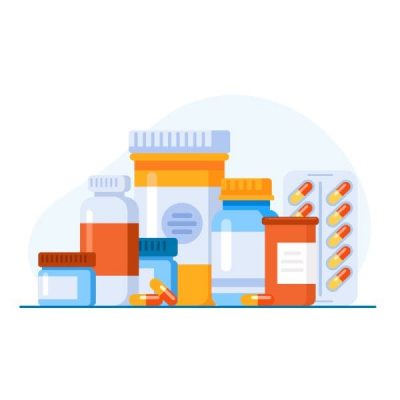Drugs used in the acute care setting vary across the spectrum of pathologies seen in the patient. There are some pathologies, however, that every nurse practitioner (NP) can expect to encounter at some point in their career. Although the recommended agents for each condition may shift in the face of new discoveries, there is a list of agents that NPs should keep in mind for the conditions they are most likely to encounter in the acute care setting.
In Part 1 of this presentation, drugs for cardiac, respiratory, and renal issues will be discussed. Topics such as hypertensive crisis, exacerbation of asthma, anticoagulation, infection, and diuresis will be examined, with emphasis on drug treatment, monitoring, and expected outcomes. Drug classes covered will include inotropes, vasopressors, vasodilators, thrombolytics, anticoagulants, bronchodilators, and diuretics. Rationales for drug selection and discontinuance will be discussed in the context of patient pathology.
In Part 2, select drugs and protocols for seizures, sedation, pain, delirium, acute psychosis, and other central nervous system (CNS) pathologies will be reviewed. Special emphasis will be placed on drug selection, dosing, and monitoring. Drug classes examined in this presentation will include benzodiazepines, opioids, antipsychotics, anticonvulsants, and other CNS-active drugs. Mechanisms, interactions, and other considerations of drug use will be discussed.

